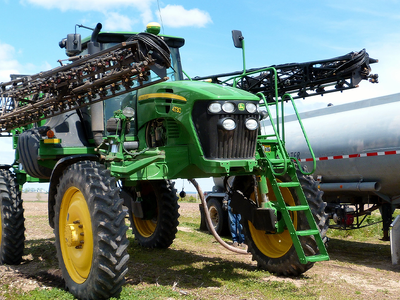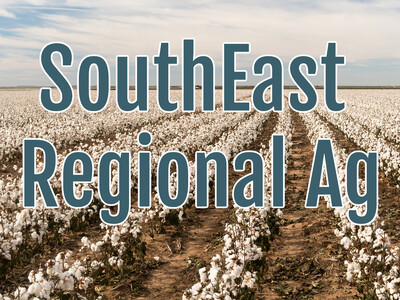Weed Management in Winter Wheat

Tim Hammerich
News Reporter
Weed management is a persistent problem in all crops, and winter wheat is no exception. Between the loss of available herbicide tools and resistance in some of the most problematic weeds, BASF’s Curtis Rainbolt says it’s important to get a head start with your management.
Rainbolt… “Resistant weeds are a challenge for wheat growers as well. Particularly if you're up in areas where you're battling Italian ryegrass or downy brome, and we have some group one or group two resistance in there. So one of the best things you can do from, from a weed control standpoint is to get down a residual herbicide. You know, if you control them early and when they're small or before they get big, you have a better chance. And then if you need to come in and spray a post emergent herbicide, you can do that.”
Rainbolt says one of BASF’s products is a good option for many winter wheat growers.
Rainbolt… “We have a product called Zidua SC Herbicide, which is a residual product. So growers can apply it after they plant the wheat crop for winter wheat. And then, you know, the winter wheat emerges through it, but it can give us some really good control of Italian ryegrass. And then it gives us control suppression of downy brome, really knock that population down. So then in the spring, you know, they have to wait sometimes on weather to be favorable before they can get back in the field to treat. There's much less downy brome and any downy brome that's there is, you know, not quite as vigorous as as it would be if nothing had been done.”
That’s Curtis Rainbolt, technical services representative for BASF.












